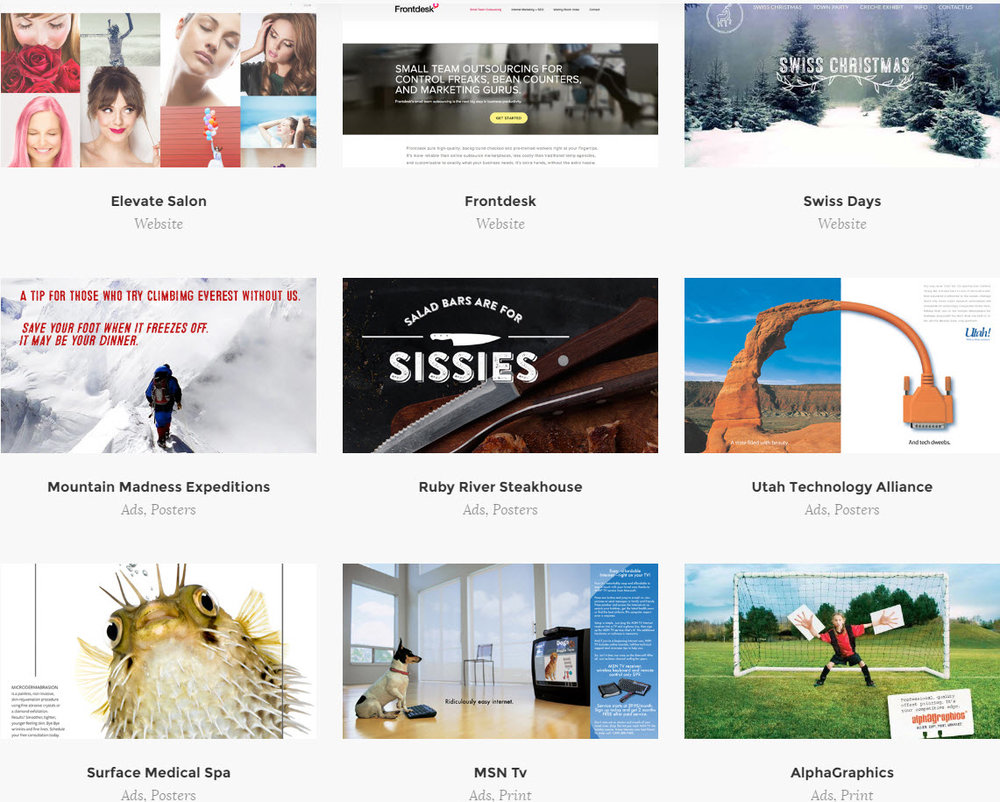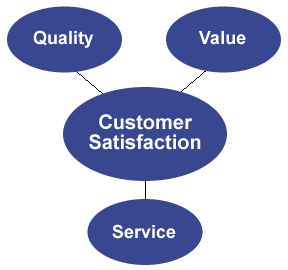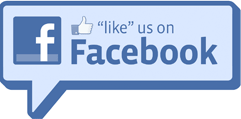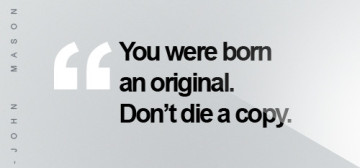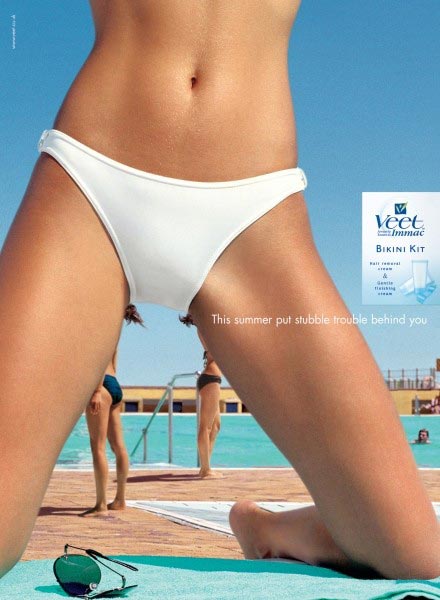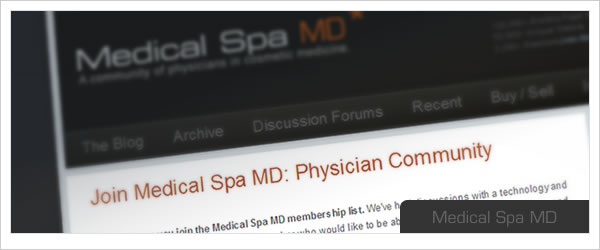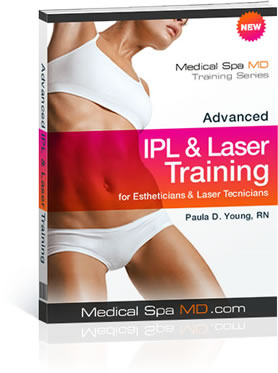First impressions mean a lot. And because the telephone represents most people’s first impression of your aesthetic practice, it could mean everything–if they don’t love what they hear, they’ll hang up and keep calling around till they find someplace that they will love. And if a caller is not interested in what they hear within the first 30 seconds, you’ve lost them for good!
You as the owner of the aesthetic practice have paid far too much in advertising dollars to hope your receptionist does a good job over the phone. You can’t leave anything to chance, you could easily see all of your precious advertising money go right down the drain! You need to convert a high percentage of prospective callers into scheduled consultation appointments.
How you answer the caller’s first question will set the tone for the rest of the conversation…and maybe the rest of the caller’s relationship with your aesthetic practice. Most people who call in will ask you one or two questions either about the offer, the practitioner, prices, location, etc. They ask these questions because they don’t know you, and they don’t know what else to ask. These inquiries are the lifeblood of your aesthetic practice, and must be handled properly, using appropriate scripts.
Remember that your objective is to sell the appointment, not to sell a service over the phone. Try not to veer away from the script and get into a detailed discussion of your services. What is important is to defer the caller while keeping their trust. Tell the prospect, “The consultant will explain all of the details to you after she’s had a chance to meet with you.” The following principles are essential to converting callers to scheduled appointments at your aesthetic practice.
Principal #1: Your Receptionists Must Be Knowledgeable Regarding Your Services
How much does your receptionist know about the aesthetic services offered at your practice? If the answer is, “very little” then you need to make some radical changes in how you view your telephone help. Whether for good or bad, callers expect your staff to be knowledgable about the services you offer. Callers make a judgment on the quality of your services by the knowledge of your front desk staff.
If you have brochures on all of your treatments or if you have a website that explains your treatments, then you need to have your telephone receptionists study this information and TEST them on their knowledge of this information. When someone asks them about how IPL works, they need to be able to provide a concise answer that addresses the question yet sets the stage for the caller to receive a scheduled consultation at your clinic. I recommend that you establish weekly education meetings that require your staff to read material and take quizzes on the material. You can get your staff involved by assigning a new staff member to develop the weekly quiz for the material you will be reviewing.
In addition to informational knowledge, there is no better way to help your receptionists become champions of your services but by receiving the treatments themselves. This allows them to relate personal experiences of your treatments and help you pre-sell over the phone and book consultation appointments.
Principal #2 You Must Track and Record Your Telephone Calls.
You like your receptionists, but how do you know they are doing a good job? Technology exists that allows you to record all incoming telephone calls into your practice and audit the responses your receptionists are giving to your prospective clients. You can track your appointment conversion rates and assess how well your practice is doing in converting callers to appointments. There are a number of services that allow you to audit your telephone calls, including: WhosCalling[.]com.
Principal #3 You Must Incentivize Your Receptionists to Book Consultations
If you are converting at least 50% of all prospective callers into scheduled appointments, this is a good start, however it is only the beginning. Your goal should be to continually improve your consultation booking percentage and reward your receptionists for doing a good job. How do you incentivize your receptionists to book more consultations? At our clinics one strategy that works very well is to pay your receptionist a base pay of $10-12 per hour and reward them for each new consultation they book during their shift. This could be an incentive of $2 per consultation booked. If the receptionist books 7 consultations during her shift, this results in an extra $14 they have made for the day and has increased their hourly pay from a base pay of $10 to $12 per hour to $12 to $14 per hour.
There are two caveats to this strategy: (1) The Receptionist is in charge of tracking her own booked appointments in a log sheet if she wishes to be paid this bonus. This makes your job of tracking a bit easier because the receptionist knows she must track the calls and report which consultations she booked for the day. (2) In order for the receptionist to receive the $2 bonus per consultation booked, the booked consultation must actually show up for their appointment and receive a consultation. This ensures the receptionist is setting up quality appointments and not just putting names on the schedule to receive extra pay.
Principle #4 The Receptionist Must Engage the Prospect.
Help the prospect participate in the conversation. When I consult with aesthetic practices, the biggest problem I see is the receptionist passively answering questions posed by the caller. When the caller is done with his / her questions, often times the receptionist doesn’t know what to do or say! Nothing could be further from what MUST be done to keep your medspa running profitably.
The key to success in converting an incoming inquiry call into a booked appointment is to establish value and win their trust. You accomplish this through your ability to ENGAGE the prospect right up front in the call. Simply put, this means that you must help the prospect participate in the conversation so that they can feel comfortable asking their questions.
Listen Attentively. The key to engaging the prospect is to listen attentively to them. Be certain that you have heard what the prospect has said. Restate their idea in your own words to be sure you have it right, and to let the other person know that you understand. Make them feel comfortable asking questions.
Establish a relationship up-front. If you answer the prospect’s questions directly, without engaging them in at least a brief conversation about their needs and concerns, they will still feel unsure or suspicious, and often will be reluctant to set an appointment. That’s because you haven’t established a relationship with the prospect up front.
Be a good conversationalist. When you “break the ice” and make them feel that they can trust you, they will feel much more comfortable about coming to see you. Breaking the ice will enable you to set appointments a much higher percentage of the time. Thus you must have a sincere interest in the people who are calling. You must be a very good conversationalist while being sales-oriented in booking an appointment for the prospect. And you must know about your aesthetic practice’s services, the practitioners and technicians and their backgrounds and certifications.
Ask open-ended questions. They key to being a successful telephone call handler is to ask good, open-ended questions. Open-ended questions are those that cannot be answered yes or no, and tend to lead to a long reply on the part of the prospect. Examples include:
- How long have you been considering this type of treatment?
- How long have you had this problem?
- When did you first notice the problem?
- What type of cosmetic services are you interested in?
- Does it seem to be getting worse?
Principle #5 Be Enthusiastic.
Be enthusiastic and caring in all that you say. If it helps you to get the right attitude, think of the caller as a close friend who needs your help.
- Smile when you talk. If may sound trite, but smile when you talk – this actually helps you to transmit a positive “vocal transmission.” Top converters smile when they speak.
- Vary your tone and pitch. Use the range of your voice to be louder, softer, faster, and slower – as it would sound naturally. A monotone conversation will not sell anything.
- Develop a Strong Belief in Your Aesthetic Practice’s Services. People like to be convinced. They want to hear how “wonderful” something is, and they hear that through your enthusiasm, your glowing reports, and your personal endorsements. Become a user of your aesthetic practice’s treatments so that you can tell clients your own first-hand experiences.
After answering questions, schedule the appointment. After you’ve answered a question, assume the call is convinced, and go right into setting the appointment. If the caller has another question, he or she will ask, so you don’t need to say, “Do you have any more questions?” That will only make them think of one.
Principle #6 Be Prepared With Your Scripts.
- Be Ready to Talk When You Answer the Phone. It’s more important to be comfortable and ready to talk with a caller when you answer the phone than it is to answer on the first ring. Be sure you’re at your desk with your script in front of you.
- No one on hold for more than 30 seconds. If you have too many calls to handle at once, and you have to put one (or several) on hold, make sure you come back at least once every 30 seconds to tell the caller that you’ll be right with them. Studies show that after about 30 seconds on hold attention and interest falls dramatically. If this is not possible, ask for their phone number so that you can call them back.
- Know the scripts given to you by your aesthetic practice. Know the scripts, but put it in your own words so that it feels natural to you. Keep the call conversational, like you’re talking to a friend. Speak the words cheerfully, as if welcoming guests to a party you’re giving.
- Rehearse, rehearse, rehearse. Go over the scenarios many times, both by yourself and by role-playing with someone else. You may feel self-conscious at first, but that is exactly why you are rehearsing. When the words become very natural to you, you are ready to take on real calls.
- Understand what you’re saying. You must understand every single word and concept, otherwise it really will sound like you’re reading a script. Discuss and define every term before you talk to anyone.
Principle #7 Show Empathy.
Mirror the prospect’s mannerisms. This means matching their tone and pace. If they speak slowly, you do the same. If they speak at a fast pace, you speed up slightly.
- Try to ease their fears. Remember that many people are a little intimidated when they have to call a new place. Just like you, they want to make a good impression. So remember that they might already be uncomfortable so do what you can to ease their fears.
- Listen to the prospect’s concerns (emotional hot buttons) and give them what they need as a solution. Never forget that you are talking to a real person. Though you will hear the same questions, objections and concerns over and over, they are expressing them for the first time. Each call must be considered an individual event, not just a piece of your day. Each prospect you talk to must be treated as an individual as well.
- Show that you care about their concerns. For instance, if the caller says, “I have to wait when I have an appointment” you can reply, “I know what you mean. It makes me feel like my time doesn’t matter.”
- Learn the name of your caller and use that name frequently. It’ll make him or her feel more comfortable.
- Listen carefully and empathetically to your caller, instead of just waiting until he or she stops speaking so that you can talk again. Here’s a handy listening checklist:
1. Think like the caller
2. Don’t interrupt
3. Listen for ideas, not words
4. Interject occasionally, to indicate understanding of what the caller is saying
5. Turn off personal worries
6. React to ideas, not the person (you may not like the personality of the caller)
7. Don’t’ jump to conclusions
Principal #8: Follow a Basic Script
Below is a script we train our receptionists on and we expect them to study and become fluent in speaking. By following this script it will dramatically increase your appointment conversion rate. Please note the bold areas, these questions are critical.
Receptionist: Thank you for calling (Practice Name), this is __________________ how may I help you?
Caller: Yes, I’m calling about_________________________________.
If this is an established client, assist the client immediately with their question or need. If this is a prospective client, proceed with the following dialogue:
Receptionist: That’s great! Thank you for calling us. I’ll be glad to answer that question for you. May I ask your name first?
Prospect: My name is:__________________.You get their name here so that you can use it to address them throughout the conversation. This makes your conversation more personal.
Receptionist: Thank you (prospect’s name). By the way, how did you hear about us?
Prospect: From your (newspaper ad/ kiosk / passed by / other)
Receptionist: (Prospect’ name), what was it that made you decide to call us?
Prospect: (I’m tired of my wrinkles, I am tired of my unwanted facial hair, my friend spoke highly of you, etc.) – Draw them into additional conversation with this answer.
Receptionist: Thanks for your help, (prospect’s name). Okay, you wanted to find out more about (the reason for the prospect’s call) Example (laser hair removal price for the upper lip) YOU NOW ANSWER THEIR QUESTION.
All calls lead to an appointment
We would be happy to get all of your questions answered about:_________, this normally begins with a free consultation at our center. What day of the week is best for you?
Are mornings, afternoons or evenings best?
I’m not sure if that will work. If you don’t mind, may I put you on hold? I’ll see what arrangements I can make.
Thanks for holding. It looks like I was able to squeeze you in on (Day) at (time).
In summary, having a strategy behind your telephone answering and training your staff well, you can dramatically increase your appointment conversion rates and your clinics profitability. With no plan in place, you are leaving too much to chance and throwing precious dollars down the drain!
Step up your marketing game inside the clinic; set-up a waiting room video to convert to sales.
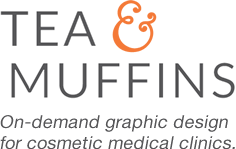 Unlimited, beautiful graphic design for your business. 72 hour delivery (or less). 100% happiness guarantee.
Unlimited, beautiful graphic design for your business. 72 hour delivery (or less). 100% happiness guarantee.